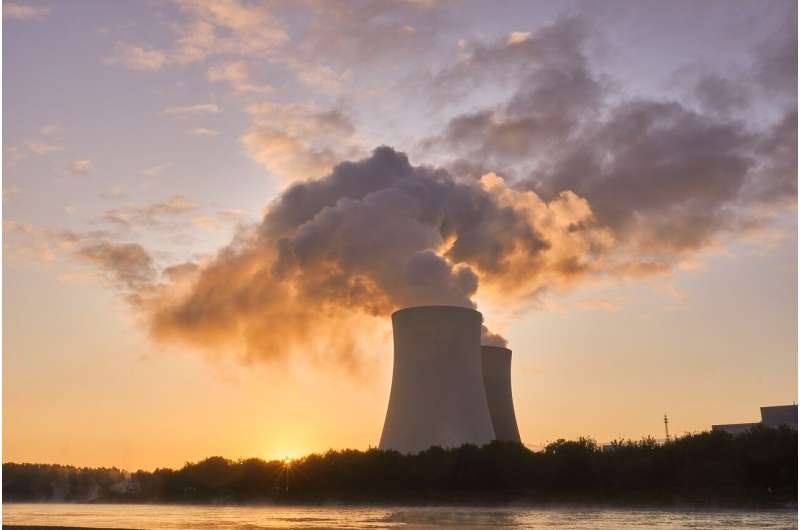Study finds public support for nuclear energy in Southeast Asia generally low

Nuclear energy may be the world's second-largest low carbon energy source for generating electricity after hydroelectric power, but reception to its adoption remains lukewarm in Southeast Asia, an NTU Singapore study has found.
Conducted by NTU's Wee Kim Wee School of Communication and Information, the study surveyed 1,000 people each in Singapore, Malaysia, Indonesia, Vietnam, and Thailand through door-to-door questionnaires and found that more than half of the respondents in every country were against the idea of nuclear energy development.
Based on its surveys, the study found that about one in five (22 percent) of those surveyed in Singapore were in favor of nuclear energy development. The level of public support in the other four countries surveyed ranged from 3 percent to 39 percent.
The NTU scientists also found that the respondents tended to use "cognitive shortcuts" such as risk and benefit perception (an individual's belief in the threat or benefits of nuclear energy), religious beliefs, and trust in various entities such as university scientists, business leaders, and the government to aid their decision on their level of support for nuclear energy development.
With the five countries surveyed in this NTU study geographically close to each other, having a nuclear power plant in any of the five Southeast Asian countries will impact the others, said Prof. Shirley Ho, who led the study.
Prof. Ho, who is NTU's Research Director for Arts, Humanities, Education, and Social Sciences, added that the findings are a key point for consideration for policymakers in these countries, given that data suggests the public is collectively unsupportive of having a nuclear power plant in their own country.Merkel: No way back on German plan to end nuclear power use
More information: The study is available as a PDF at www.ntu.edu.sg/docs/default-so … df?sfvrsn=6d2991a3_1
Provided by Nanyang Technological University
No comments:
Post a Comment